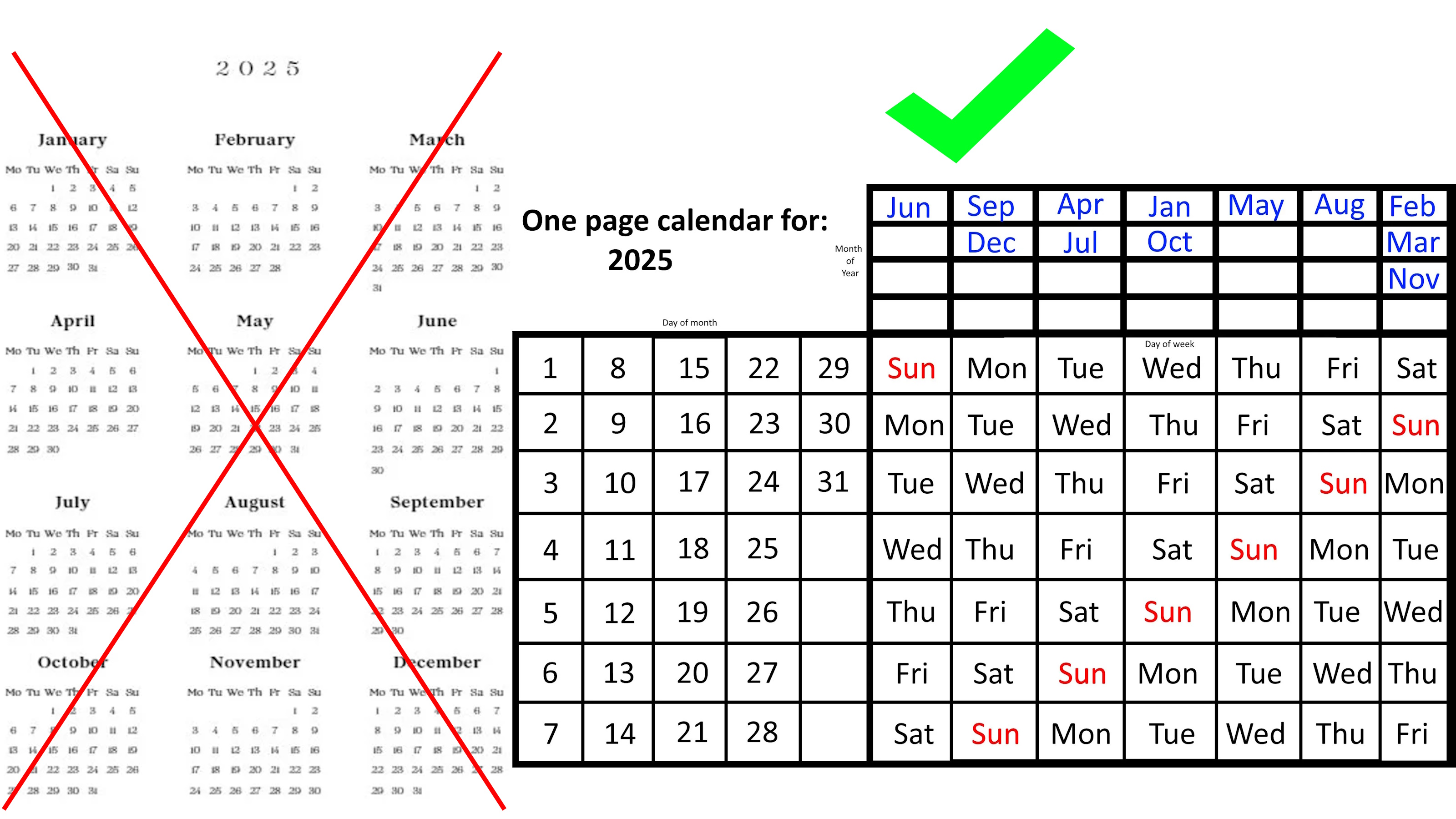We need a global environment organization with the clout of the WTO.
Question: Are there international institutions ready to combat environmental distress?
Gus Speth: Well, I think that we will probably need some new institutional arrangements before this is over. One that I've called for, in a number of places, including my book, is a world environment organization. I've worked in the U.N. I can tell you that if you look across the landscape of the U.N. agencies, it's probably true that the weakest ones are the ones that are there for the environment. And that's not good. We need a world environment organization that has the kind of authority and clout that the World Trade Organization has and that's an easy case to make. But I think the World Bank could have a big role, it could create special arrangements and special facilities to help deal with these issues. And the best thing about the U.N. programs are-- in this area, are the-- you know, basically it's not appreciated that widely, but all of the international treaties that work to protect the environment, most of which the U.S. has never ratified, but all of those treaties are sponsored by the United Nations. These negotiations that happened every year to strengthen the climate treaty are now looking to a post Kyoto protocol, looking out to 2050 to reduce greenhouse gasses, that process is under the framework convention on climate change, which is a U.N. sponsored exercise. And the secretariats that serviced those conventions and sponsored the negotiations are U.N. entities. And the problem is that that system doesn't work nearly well enough. It's a one-country, one-vote system and countries can whittle down these agreements to the point that their toothless. And the real problem now is not the poor–- is not weak enforcement of the treaties, it's not weak compliance with the treaties; it's just that the treaties are toothless. They don't require much in the first place. And so we need to develop some new machinery for international negotiations.
Recorded: 3/23/08





